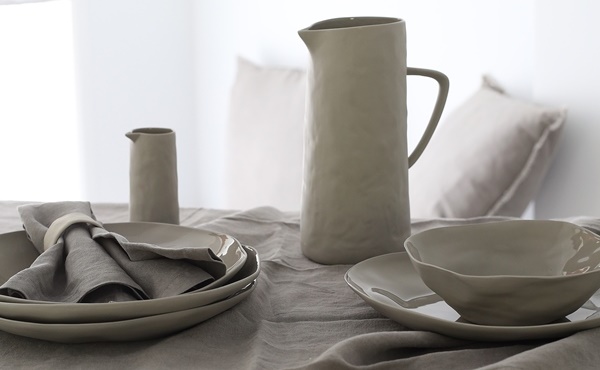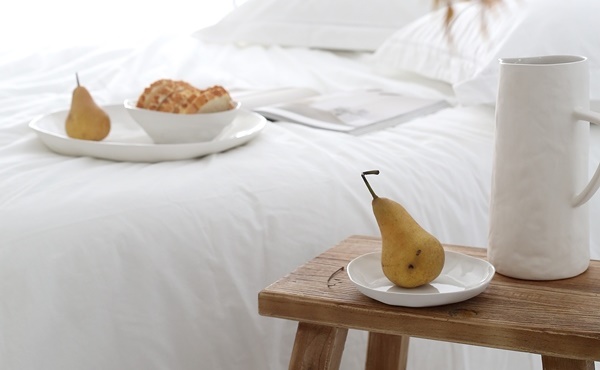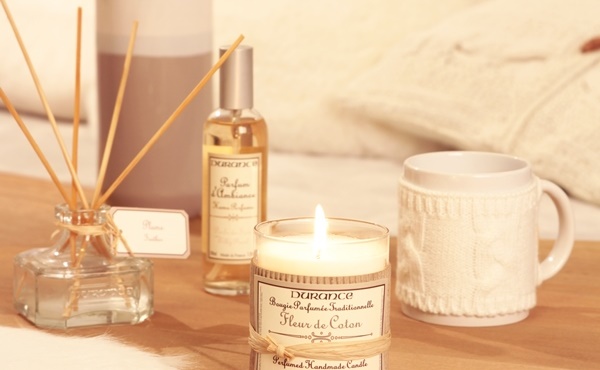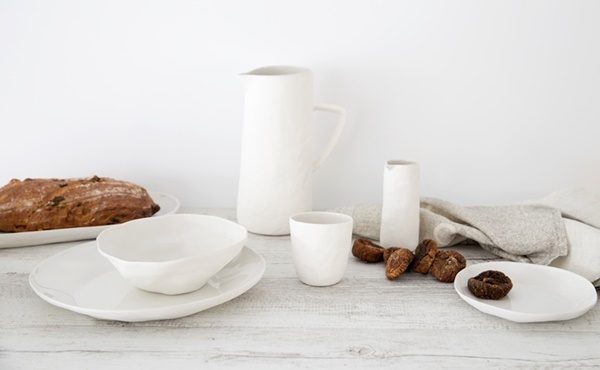When David Colquhoun and his family started Mediterranean Markets more than 16 years ago in early 2001, they had been importing ranges directly from Europe for their own store for a while. Looking for a change from retail while also getting heaps of requests from other stores wanting those products led them to setting up the wholesale business.
One of the first ranges they found for the new company on a trip to Europe was Durance, A French-made soap, candle and complimentary items range.
“That was 15 years ago,” says Colquhoun. “I think our entire range would generally be classed as ‘classic’ and we try to work to this concept. We’ve now got over 1,500 products in our range, sourced from of course visits to trade shows overseas but also from visiting factories all over the world.”
While wholesaling is a different beast to retail, customer service still remains the essential ingredient to a successful business.

“For us it’s all about customer service. We’ve been doing this for a long time, and having experience as a retailer ourselves, we know what it’s like to run or work in a store. Processes need to be simple, and whilst price is important it’s not the be all and end all―having a broad offer that appeals to many, plus holding stock, having an efficient warehouse and easy to use website and/or accessible sales reps, are all critical. Our customers want to place an order, get it within a day or two, and if something goes wrong they want a replacement or credit ASAP. Simple.”
However, things certainly have changed in the 16 years since Mediterranean Markets was launched, especially in the last decade or so with the digital revolution and the arrival of major international retailers on our shores.
“When we first started, we only imported products made in Europe (hence the name). Progressively since then, much of the world’s manufacturing has moved to Asia. So, whilst new product ‘design’ still happens all over the world, items are generally produced in countries with low labour costs.
“Like fast fashion, homewares are becoming more and more of a commodity. Big chain stores are now well established in the category and if you are chasing a trend, then you had better be fast because it will be in a mass-market store in a much shorter time frame than ever before, often at a loss leader price.”

Colquhoun says that even though they often say their products appeal to mid-to-upmarket homewares stores, in reality it’s anyone looking for a quality item, at a reasonable price point.
“We hopefully appeal to a really broad range of retailers. Our product offer is pretty wide, with all sorts of things on offer from ‘cheap’ little ceramics and blackboards through to large chandeliers, recycled elm tables, large cabinets, and a range of sofas. We’ve got a lot to choose from.”
While the company does design its own ranges―often coming up with an idea or concept then working with an existing factory to come up with a brand new offer―its Marc range of rattan decorator items and furniture is very popular.
These are classic designs that are still in fashion. For example, its Marc Lounger chair design concept has been around for well over 100 years, but it’s a great seller for Mediterranean Markets. “Other products in the range are classically simple designs―the lanterns or wreaths for example―and they still look beautiful in many settings.

“We’re really hoping to continue to consolidate our position as a wholesaler that really supports our partners with a great product offer that continues to change and evolve, with new products available every season, plus the ‘old’ classics that continue to sell-through well.”







